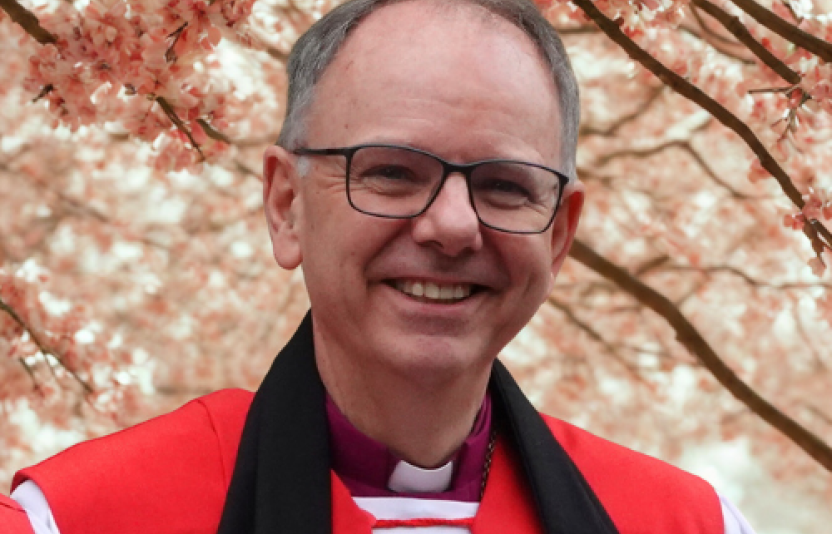Climate Justice: The Path to Hope
Written by Mags Bird, a member of the Diocesan Caring for Creation group.
"Many of us are following the discussions and debates of COP27 with keen interest. Prayers are being offered across the world that – against all predictions – the conference will find pathways to increase action on climate change and justice for those hit hardest.
The build up to COP27 has featured terrifying reports about the latest predictions for the amount of global warming ahead and the corresponding impacts. Expectations of miraculous commitments that would bridge the gap are low. But even for those immersed in the rather depressing media coverage, there is cause for hope. The global conversation is not about ‘whether’ to tackle climate change, but ‘how’.
With gratitude, we see this reflected in our chaplaincies. The shock of ever larger extreme weather events, including those which directly affect our own diocese, combined with the spiralling costs of energy mean that our conversations are not on whether climate-related action should be a priority for the Church, but how we can best take action.
We may be led to review meeting and worship arrangements, either on a temporary, or a long-term basis. Which spaces are least costly to heat? Can we turn the thermostat down? How can we warm the people but not necessarily all the space? Which activities could change location on an occasional or seasonal basis? How do we balance these decisions with continuing to strive to be an inclusive and a welcoming Church?
The Diocesan Programme of Activity Towards Net Zero encourages chaplaincies to measure energy use and make a plan for carbon reduction.
What might have seemed an optional or low-priority issue some years ago has now become central to our understanding of how we put our faith into daily action. Let’s pray that our leaders at COP27 will also find ambitious climate action to be not a ‘choice’ but an intrinsic part of their responsibilities."
December’s e-News will feature more on the chaplaincy-related elements of the Diocesan Towards Net Zero plan. Meanwhile, a number of useful resources can be found on the Diocese website here.


